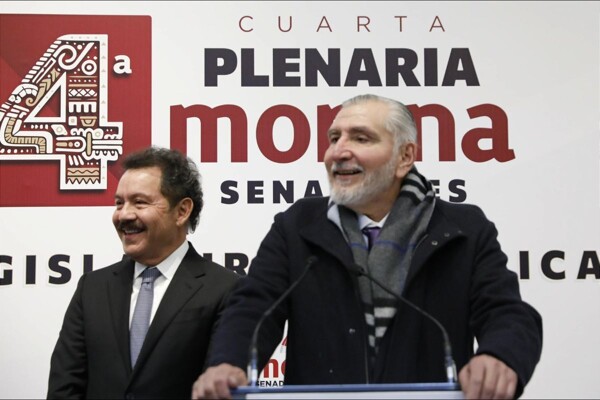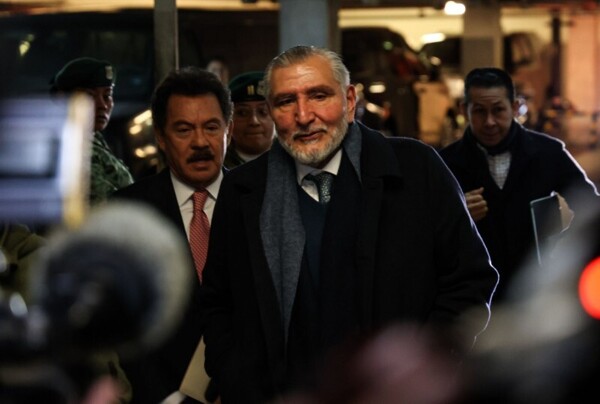
Currently, we are facing not only a crisis of liberal democracy but also the emergence of autocratic leaders in the most influential nations, transforming geopolitics and the major multilateral institutions established after World War II. This situation generates uncertainty about the future on a global scale. The far-right has come to power in the leading world power, representing the culmination of a stage of populism that threatens constitutional democracy.
The strategies and alternative proposals to promote national economic growth in the face of measures such as the imposition of tariffs raise questions. On the other hand, the designation of only 29 organizations as terrorists by the Trump administration raises doubts about the response that the Mexican government will give. Additionally, uncertainty arises regarding the reaction of cartels to the policy of expelling their members to the United States.
Trump's second arrival at the White House has triggered changes on an international level. His closeness to big capital and financial interests causes global tensions due to the disproportionate ambitions he pursues. The United States has taken controversial measures, from withdrawing from international organizations to pressuring the European Union and threatening to reduce funding for NATO.
In this complex scenario, new powers like China and India emerge, with economic, military, and political influence in various regions. Russia under Putin's leadership seeks to reaffirm itself as a global force, exerting pressure on the European Union. Locally, the European Union must demonstrate its importance as a global actor.
Mexico, with a trade agreement with the United States and Canada since 1994, faces shared challenges such as the illegal trafficking of drugs and weapons. Migration and violence have increased, impacting the economy and social stability. The threat of tariff policies from Trump affects not only the U.S. economy but also the global and Mexican economies, generating uncertainty and pressure on public finances.
The management of the Mexican government in the face of U.S. pressure poses challenges. The narrative surrounding the fight against the cartels presents inconsistencies and questions. In a context of polarization and institutional deterioration, government decisions could have negative repercussions at both national and international levels.














